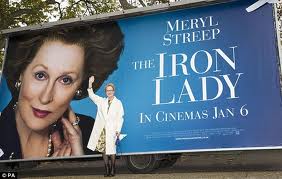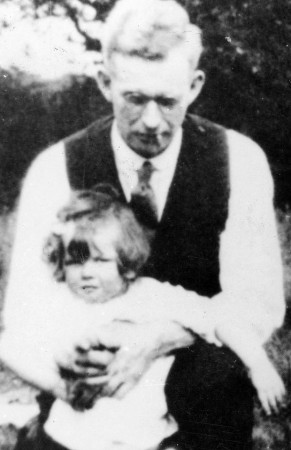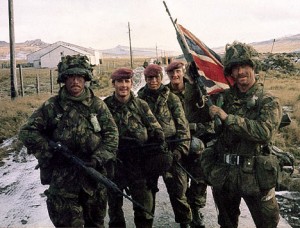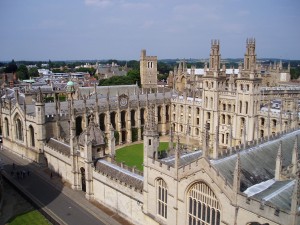For those of you who are unaware of who Margaret Thatcher is, or rather was, let me bring you up to speed with a brief lesson on general British politics of the past 30 years. Succeeding from Labour Prime Minister James Callaghan in 1979, Margaret Thatcher ushered in what was to become a monumental (in more ways than one) 11 year run as British leader. Becoming the first female to ever take up the job, the Conservative politician is remembered as being one of the most divisive forces in world politics, pretty much ever. Having passed away earlier this month (April 2013), at the age of 87, issues which have been at rest for the past 23 years, following her resignation in 1990, have re-emerged in the UK, prompting a widespread and rather heated debate. It would seem that at this point and time, just about everyone in the UK has an opinion on Lady Thatcher, some good, some bad. It is my objective as a resident of this nation who wasn’t even born until one year after the end of her time as Prime Minister, to help you readers, as well as myself, gain a more rounded and objective opinion of this undoubtedly legendary British leader.
10. Her Nickname ‘The Iron Lady’ Originated from the USSR

Famous in her opposition towards the USSR and its communist ideals, Margaret Thatcher soon became known within international politics as the ‘Iron Lady’. This name continued to stick long after the end of her time in 10 Downing Street and was even used as the title of the recent biopic based on her life, in which she was portrayed by Meryl Streep. During the time the Iron Lady was at the head of Government, many comedians, press affiliates and social commentators favoured the nickname on account of her often brash policies and mannerisms.
9. She Changed British Social Structure Forever

Following the end of the Second World War, the UK- along with many of the other nations involved in the 6-year conflict, was in ruin. Both economically and socially, the country was completely bent out of shape. Despite the high levels of national pride and morale which accompanied an ‘against-all-odds’ victory over the colossal forces of Nazi Germany and the Empire of Japan, the war had completely turned Great Britain inside out. As a result, the government of the time introduced measures to create the ‘Welfare State’. Though a term now carrying negative connotations (widely as a result of Lady Thatcher’s time in office), the creation of the Welfare State insured that each citizen of the UK would be cared for at the expense of the tax-payer. Whether supplying monetary support to a widowed soldiers wife and her now fatherless children, or providing free healthcare to a score of wounded veterans, the Welfare state was intended to contribute towards the ‘greater good’ ethos, often held synonymously alongside the wartime generation. When Thatcher arrived on the scene however, a lot of this changed for good. She denounced the poor as ‘work shy’, made the process of obtaining student finance grants a whole lot harder and even began measures to privatise the famous NHS (National Health Service). As a result, she commenced her journey towards becoming one of the most loathed figures in world politics.
8. Her Father Was a Prime Influence

At several points throughout her life, Margaret Thatcher attributed her father as being a main influence and rock with regards to her political career. Serving a short term as mayor of Lady Thatcher’s hometown of Grantham, Lincolnshire, her father Alfred was said to have been extremely encouraging towards his two daughters. Emphasising the need for a proper education, as well as the importance of forming one’s own opinion and sticking to them no matter what, an-afternoons YouTube research on the Iron Lady proves how much of an effect Alfred may have had on forming his daughters rather strong character.
7. The Falklands War Ensured Her a Second Term

The Falklands conflict took place between April and June 1982 and saw a task force of some 27,000 British military personnel deployed to the Falklands islands off the coast of Argentina as a result of an Argentine ‘invasion’. Though a British dominion since the days of the Empire, Argentina decided to re-stake their claim to ‘Las Malvinas’ under the ‘junta’ military dictatorship of the time. In response, Prime Minister Thatcher immediately despatched troops and ousted the Argentine military presence, once again securing the miniscule islands as a British dominion. Hurray! As a result of the war, Great British morale was once again restored amid a huge economic recession and Thatcher’s Conservatives were re-elected for their second term in power. Double hurray..?
6. She Attended Oxford University

As head girl at Grantham All-Girls School during the early 1940’s, Margaret Thatcher was keen to pursue her interests in scientific study at a higher education level. Applying to attend Somerville College, Oxford under scholarship, she was initially rejected- though was later offered a place after another candidate dropped out of the programme. She left for Oxford aged 18 in 1943, returning to her hometown four years later with a second class honours degree in chemistry.
Leave a Reply